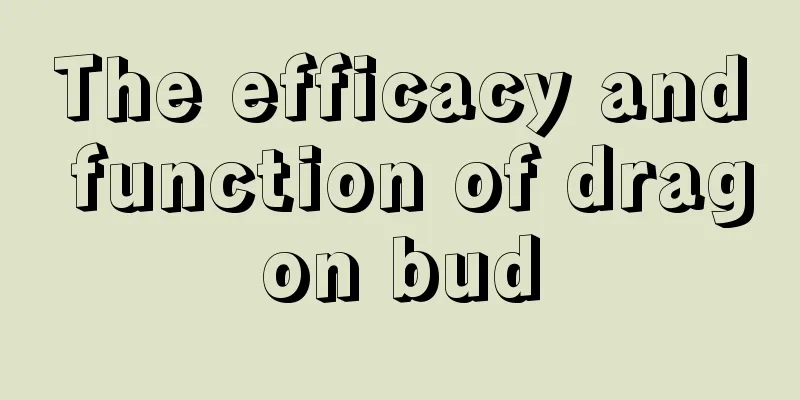What are the advantages and disadvantages of isoxathiapiprolin? How to use it well?

|
Isotrione is a selective, systemic herbicide that is mainly absorbed by the roots and leaves of the plant and then transported to the entire plant through the phloem and xylem. It can be used for weed control in crop fields such as corn, sugarcane , beets, fruits and vegetables, cotton , and cereals. So what are the pros and cons of isoxathiapiprolin? How to use it well? Let’s learn more about it below. What are the advantages and disadvantages of isoxathiapiprolin? 1. Advantages (1) Broad spectrum of weed control: Isotrione has a wide range of weed control properties and can control more than 50 annual weeds including broadleaf weeds and grass weeds . (2) It has a secondary weed control function: After spraying isoxathiapiprolin, it can remain stable on the soil surface during droughts. Its herbicidal activity can be reactivated after rain or irrigation water. It has a secondary weed control function, which is a characteristic that other herbicides do not have. (3) Good safety: Isotrione degrades rapidly in the soil and will not remain in agricultural products , making it relatively safe for human health. (4) Good compatibility: Isotrione has excellent compatibility and can be combined with herbicides such as isopropylamine, atrazine, and thiamethoxam to achieve a more pronounced weed control effect. 2. Disadvantages The efficacy of isoxathiapiprolin depends on soil moisture or rainfall. In the event of drought, the efficacy is not ideal. In addition, the effect of isoxathiapiprolin as a single agent is poor, and it is usually used in combination with other herbicides such as atrazine. How to use isoxathiapiprolin 1. Application time and method Isotrione should be applied as early as possible within 1 week after corn sowing. The application method is to first dissolve the agent in a small amount of water, then mix it with 60-75 liters of water per acre to make a liquid, stir it thoroughly and then spray it evenly on the ground surface. 2. Mixing suggestions In order to better control grass weeds, it is particularly recommended to mix isoxathiapiprolin with amide herbicides such as sethoxydim (Hernic), isothiochlor, and Propylene. In addition to mixed use, it can also be used alone in plots where there are few grass weeds. 3. Notes Isotrione is selective for corn, but it is easy to cause phytotoxicity to corn when the dosage is too large or when the soil is alkaline, sandy, or low in organic matter. Some corn varieties are also prone to pesticide damage, causing the corn to turn yellow or white. In general, as one of the important herbicides for corn and sugarcane fields, the advantages of isoxathiapiprolin are very obvious, but it also has some disadvantages. Therefore, it is important to master the correct usage when using it to ensure the safety of crops and the environment.
|
<<: How tall is Bauhinia bracteatum and how to care for it in daily life
>>: What should I pay attention to when planting Bauhinia potted plants? Do I need to prune them?
Recommend
How to grow succulent money tree to make it bloom
Growing conditions of succulent money tree The su...
How to propagate the sycamore tree and what to pay attention to
How to propagate the sycamore tree The main ways ...
How to Make Orchids Bloom More Fragrant
Lighting requirements Orchids prefer partial shad...
The difference between apple mint and catnip
1. The difference between them in floral fragranc...
The main value of Photinia fraseri
The landscape value of Photinia fraseri leaf The ...
Is Cimicifuga toxic?
Is it toxic? In fact, it has another name, called...
How to prune Osmanthus fragrans
When is the best time to prune Osmanthus fragrans...
Can saffron be soaked in water and drunk every day?
1. Recommended dosage Saffron is a precious and m...
How to grow Schefflera arborvitae to make it flourish
Schefflera Growth Conditions Schefflera prefers a...
What to do if leaves turn yellow and fall off in June
June snow new potted plants yellow leaves fall of...
Is it better to grow pennywort in water or soil?
1. Which is better, water culture or soil culture...
How to plant Sanyeqing cultivation methods and planting techniques
Three-leaf green growth environment requirements ...
How long does it take for dragon fruit cuttings to take root?
Dragon fruit cutting rooting time Dragon fruit ca...
The difference between iris and iris
1. Different leaves Iris leaves appear to be rela...
When to repot roses
1. Time to change pots Repotting roses should be ...









